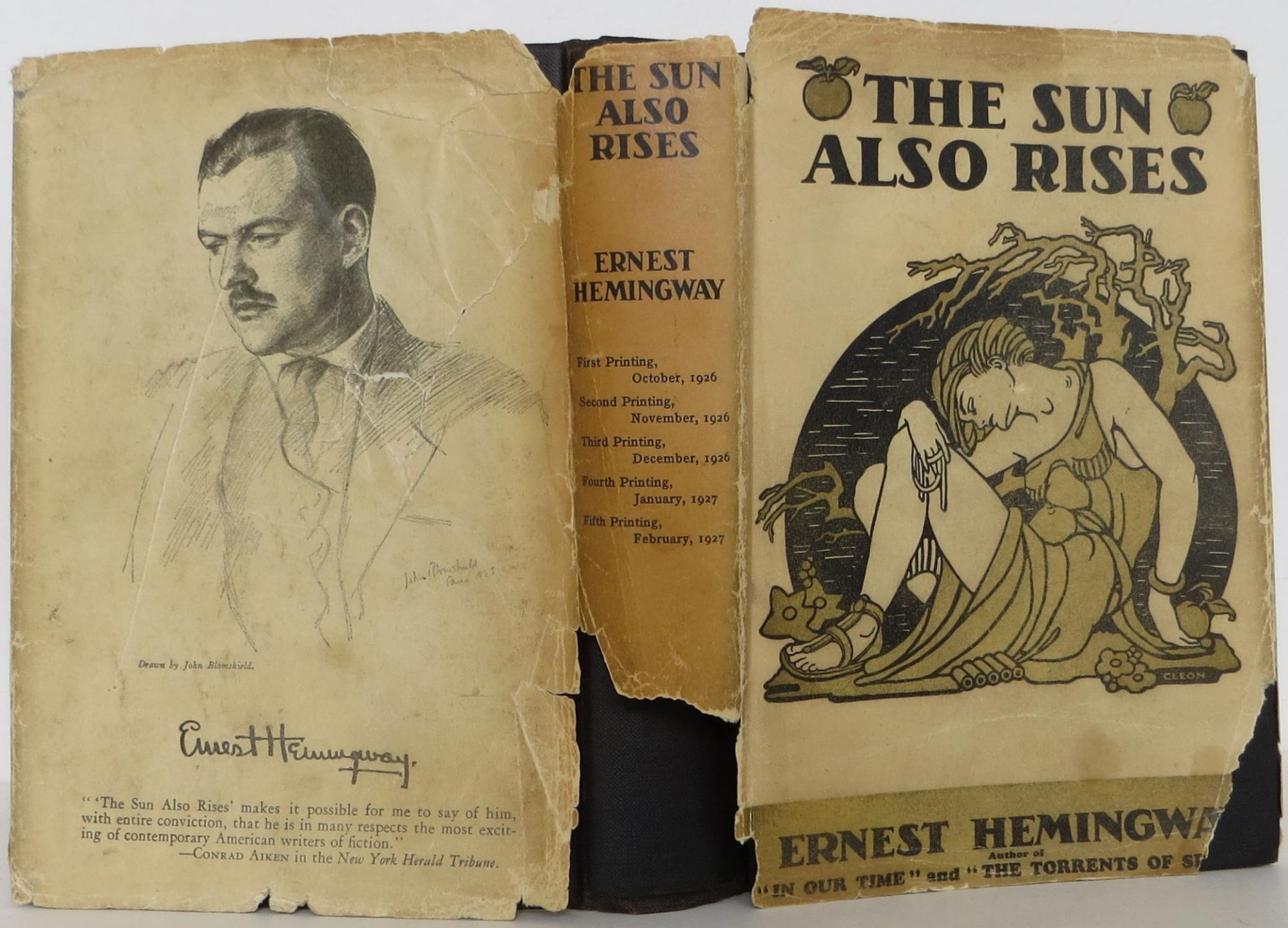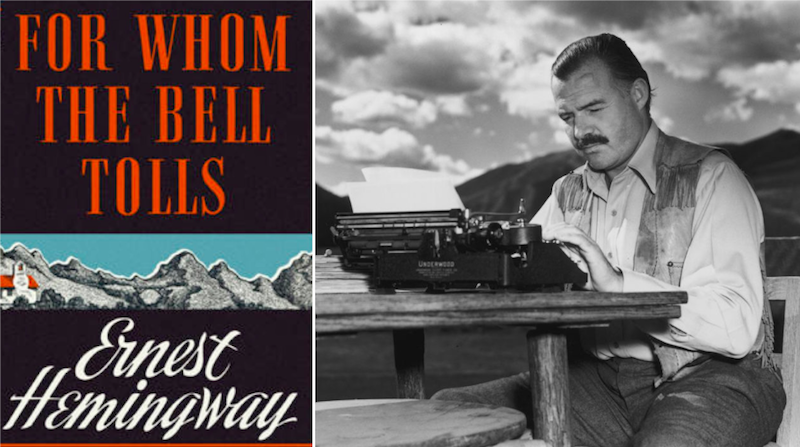Ernest Hemingway, a titan of 20th-century literature, is highly revered for his profound contributions to the literary world. Known for his adventurous spirit and mastery of evoking emotion through his works, Hemingway exuded a special fondness for the country of Spain - a love-affair that significantly influenced his writings. His relationship with Spain was intricately woven into his life and work, colouring his experiences and creating some of his most formidable literary triumphs.
Spain: A Mosaic of Romanticism and Valor
Hemingway first ventured into Spain in 1923 and was immediately captivated by its vibrant culture, the charm of its towns, its passionate people, and the thrilling spectacle of bullfighting. These experiences laid the groundwork for his fascination and undying love for Spain, which he called the "last good country left."
The allure of Spain's bullfighting tradition, in particular, was an enduring fascination for Hemingway. It was not just the pomp and spectacle that intrigued him, but the symbolic dance of life and death that unfolded in the arena. He saw it as a representation of the broader human experience, embodied in the matador's graceful movements, courage, and fortitude in facing the mighty bull.
The Spanish Stories
Hemingway's adoration for Spain seeped effortlessly into his writing, infusing his narratives with genuine passion and authenticity. This was especially evident in "The Sun Also Rises" (1926) - his first major novel. Here, he portrayed the Fiesta of San Fermín in Pamplona with such vividness and life-like accuracy that it became an iconic piece of literature, immediately associating Hemingway with Spain.

Later in his career, the Spanish Civil War deeply moved Hemingway. A testament to this was "For Whom the Bell Tolls" (1940), one of his most famous novels. It was set in this harsh context, chronicling the complexities and tragedies of war through the narrative of a young American involved with the anti-fascist guerrilla fighters. The novel was a direct outcome of Hemingway's personal experiences as a journalist covering the war for the North American Newspaper Alliance.

A Lifetime Affair
Hemingway's relationship with Spain lasted a lifetime, influencing not just his work but his personal life as well. He held an unyielding fascination for the country's culture, traditions, and landscapes. Additionally, Spanish society - both its virtues and its flaws - offered a well of inspiration for his protagonists.
His connection to Spain resonated with his readers, transforming Pamplona's running of the bulls into a popular tourist attraction and cementing Spain's place in global literary consciousness for future generations.
Ernest Hemingway's love for Spain was not merely a whimsical affection for the exotic. It was a relationship marked by depth and understanding, a deep-rooted connection that played out across his life and work. Through his stories, we come to know Spain - its harsh realities, its enchanting traditions, and its resilient people - just as he came to know and love it. Thus, Hemingway's relationship with Spain is more than just a peripheral influence; it is a testament to his ability to profoundly interweave his lived experiences with his visionary storytelling.